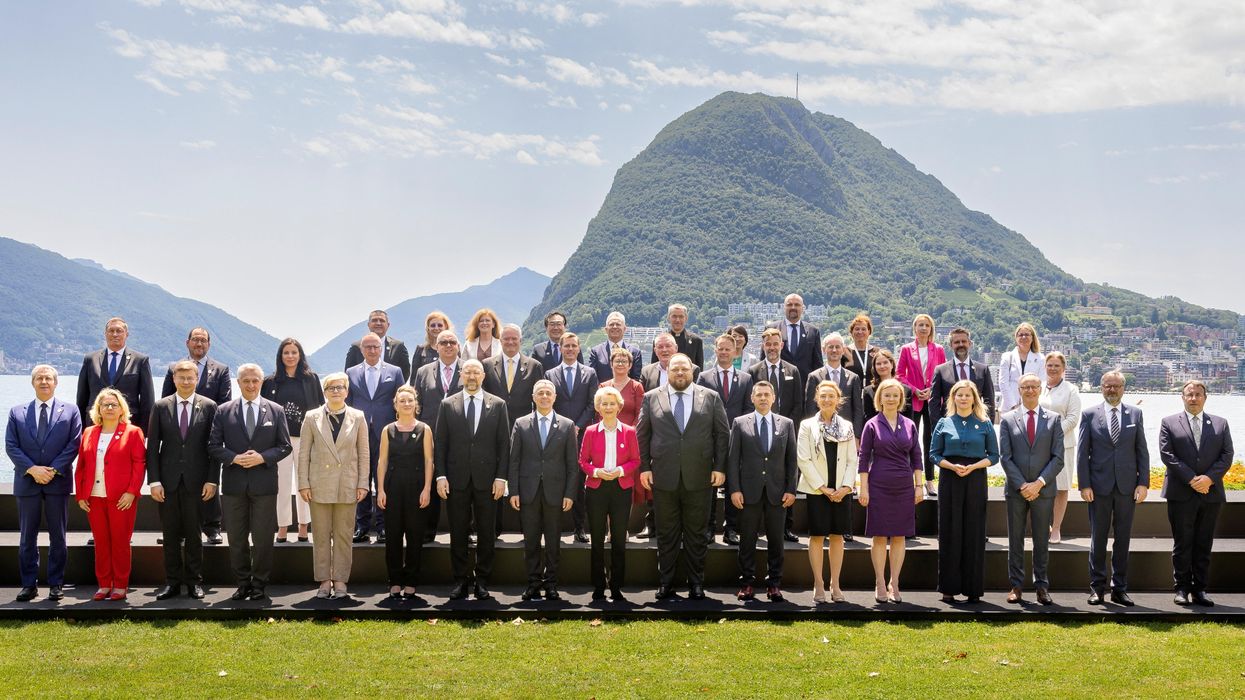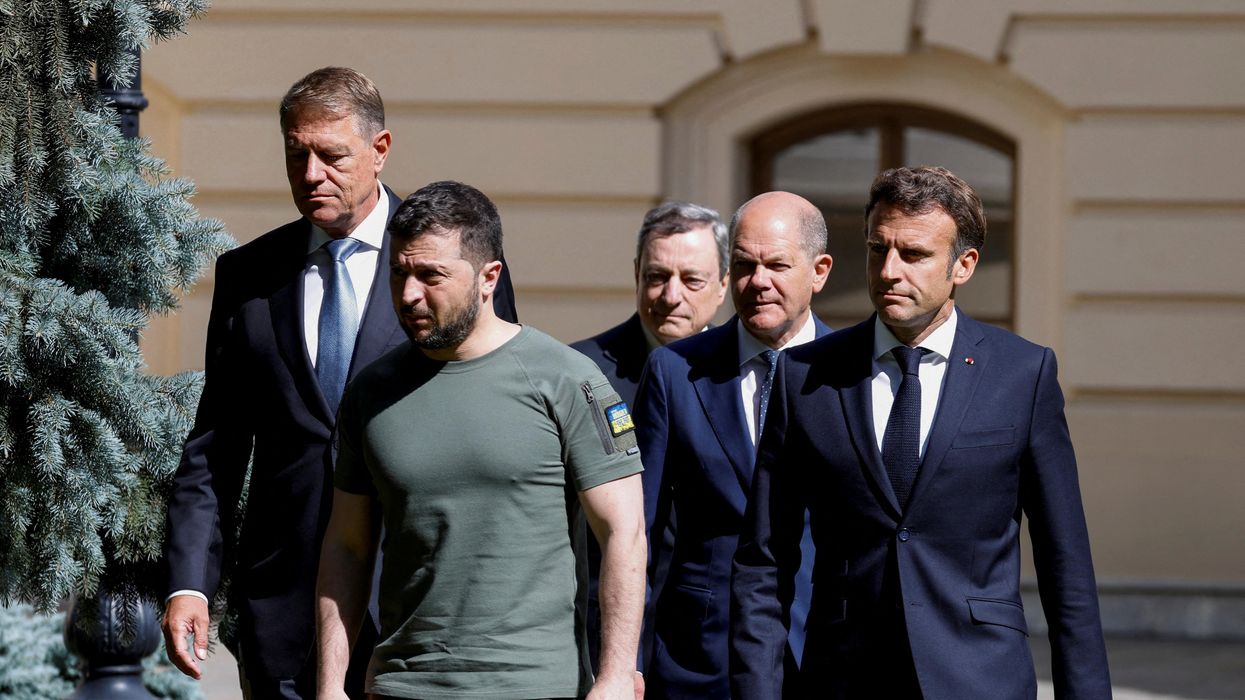News
What will it take to rebuild Ukraine?
It is hard to put a monetary value on such devastation, but Ukraine’s Prime Minister Denys Shmyhal is having a go at it. At a European conference this week in the picture-perfect Swiss city of Lugano, Shmyhal said his country would need a staggering $750 billion to rebuild after the Russian onslaught. Will Western allies oblige?
Jul 05, 2022


